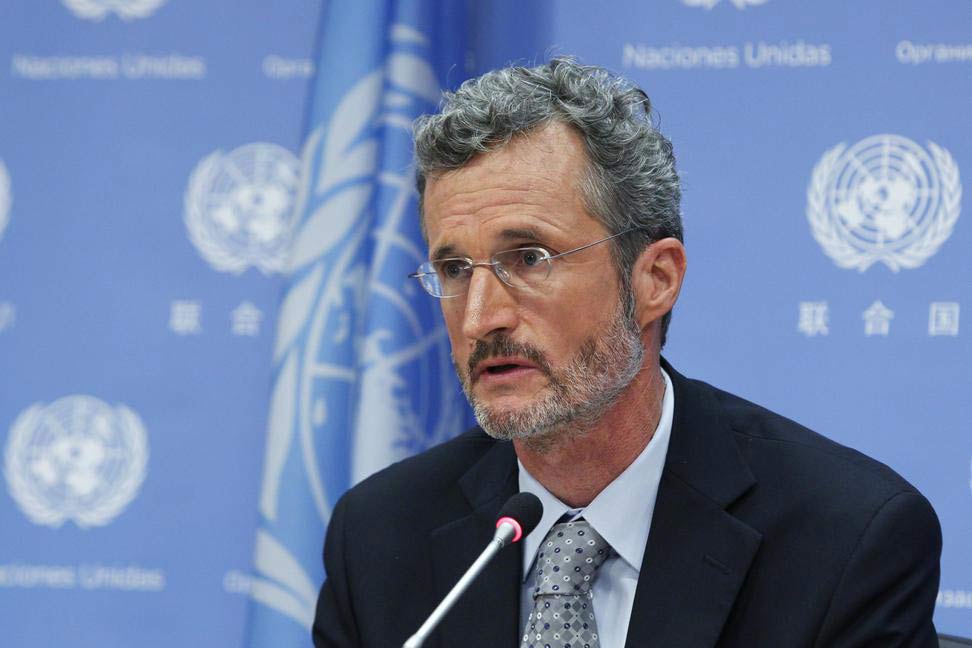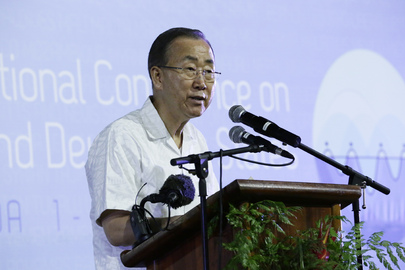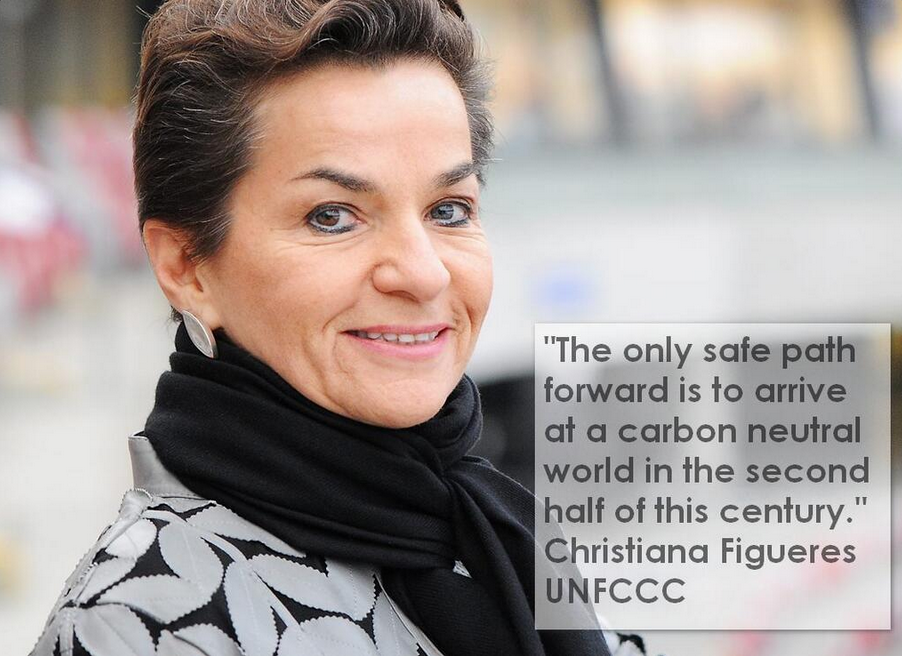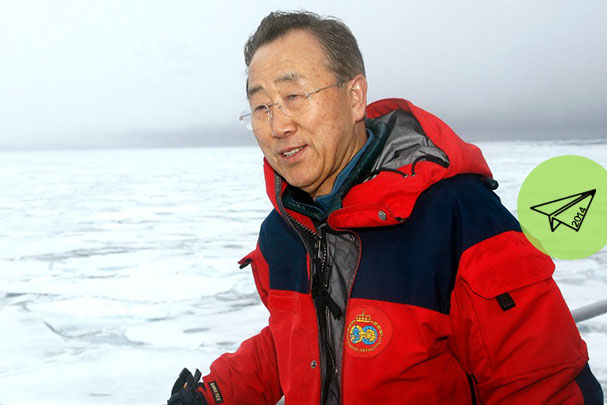A day after scores of world leaders attending the United Nations Climate Summit announced actions intended to the avert the worst effects of climate change, the planners announced further ambitious goals.
“The tone shifted yesterday, but the question is where do we go from here?” said Robert Orr, Assistant Secretary-General for Policy Coordination and Strategic Planning, who advises Secretary-General Ban Ki-moon on climate.
Orr noted that the Summit marked the largest such meeting of world leaders on climate change in history, and lauded its accomplishments. “Private finance came off the sidelines and onto the floor for the game,” he said. “Over $200 billion of financial assets from the private sector were committed to move to greener investment outcomes in the next 15 months.”
A global compact of more than 2,000 mayors and local officials representing cities around the world was broadened and Sunday’s marches on climate change in New York and elsewhere underscored the mounting pressure from the grass roots.
In addition, institutional investors, insurance companies and other major holders of capital now see the opportunities that green technology can generate, Orr said.
But he acknowledged that more is needed. “We now need a meaningful, universal climate agreement.”
Armed with a draft of such an agreement, ministers and negotiators will travel in December to Lima, Peru, to lay the groundwork for its passage in December 2015 in Paris.
High hopes for such an agreement were dashed in 2009, when a Summit in Copenhagen fell flat. But much has changed in the interim, said Christina Figueres, Executive Secretary of the United Nations Framework Convention on Climate Change.
“We have moved on over the last four years,” she told reporters Wednesday, adding that she was optimistic that Paris will prove fruitful.
“Yesterday, we heard governments saying we will address climate change.”
She called the shift to a low-carbon world “the greatest opportunity we have ever had.”
Orr too noted differences between the events in Copenhagen and Paris. Tuesday’s Summit took place 14 months before the meeting is to be held in Paris, which gives participants time to mobilize, negotiate and do their jobs, he said.
And the economics are different than they were five years ago — the cost of renewable energy has plummeted.
The hundreds of thousands of marchers who paraded through Manhattan streets on Sunday displayed power that is reverberating through their contacts online to local movements around the world.
And there’s one more difference, said Figueres. The impacts of climate change are more severe and more frequent now than they were in 2009. “There’s much more pain in the experience of mankind around climate change and that is a sobering difference. The fact that we can feel that difference in a very few years is quite alarming.”

















